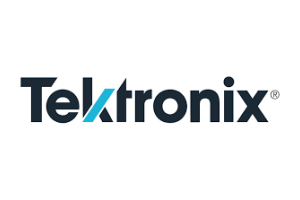CELEST
German Research Platform for Electrochemical Storage
The German research platform CELEST is dedicated to link knowledge-oriented research with real-world development and new production technologies. In addition to Li-Ion batteries, the area of interest includes post-lithium technologies, fuel cells and redox-flow batteries.
Energy storage is a key technology for the 21st century. Climate change and the decline in natural resources make it necessary to equip mobility and energy systems as quickly as possible for a period without fossil energies. Therefore, suitable technologies for the storage of regeneratively generated energy are urgently needed.
In order to accelerate research, education, development and technology transfer in this sector, the Karlsruhe Institute of Technology (KIT), the University of Ulm and the Centre for Solar Energy and Hydrogen Research Baden-Württemberg (ZSW) have established the Center for Electrochemical Energy Storage (CELEST). It bundles the know-how of 29 institutes at these three partners.
CELEST has been established with the objective of improving communication and collaboration between the participating scientists and to pave the way for new interdisciplinary cooperation. It will also coordinate joint activities with other universities and research institutes as well as the industry both in Germany and abroad and further intensify existing contacts.
“The scientific expertise at the two locations Karlsruhe and Ulm complement each other and covers experimental basic research on elementary processes on the atomic scale, multi-scale modelling of relevant processes and the development of new storage materials and laboratory cells up to the largest pilot plant for battery cell production in Europe at the ZSW,” says Professor Maximilian Fichtner, Director of the Helmholtz Institute Ulm, who was appointed as scientific spokesperson of CELEST.
With the three research topics Lithium-Ion Technology, Energy Storage Beyond Lithium and Alternative Techniques for Electrochemical Energy Storage, CELEST covers all the very latest topics in the world of electrochemical energy storage. A further focus is on cooperation with industrial partners with regard to technology transfer, innovation and commercialization of new technologies. In addition, CELEST is planning to educate young scientists and is setting up a graduate school in the field of electrochemical energy storage.
The outstanding importance of new battery technologies is also the focus of the joint proposal of both the KIT and the University of Ulm for the excellence cluster "Energy Storage beyond Lithium: New storage concepts for a sustainable future". In this cluster, the development of battery technologies based on abundant, low-cost, non-toxic elements such as sodium and magnesium should be promoted, thereby reducing the pressure on critical resources. The Centre for Solar Energy and Hydrogen Research Baden-Württemberg (ZSW) and the Justus Liebig University Giessen are also involved.











